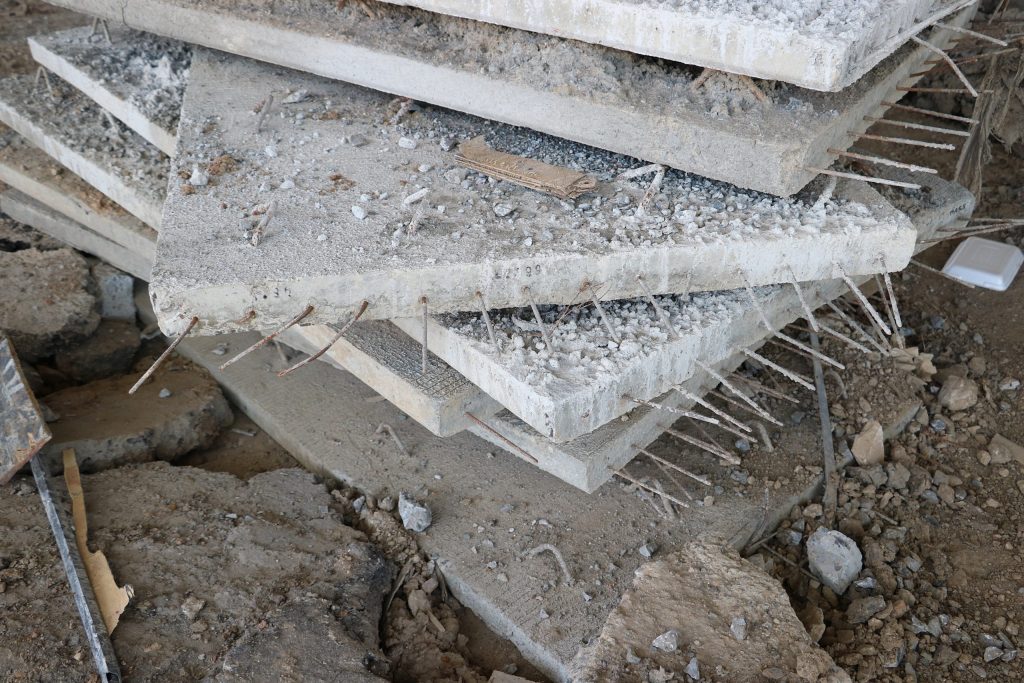The Advantages of Drywall over Cement: A Comprehensive Analysis

In the construction industry, the choice between drywall and cement as building materials is a crucial decision. While both options have their merits, drywall has gained popularity due to its numerous advantages. This article aims to explore the reasons why drywall is used instead of cement, providing a comprehensive analysis of its benefits and addressing the key factors that influence this choice.
- Cost-effectiveness:
Drywall, also known as gypsum board or plasterboard, offers significant cost advantages over cement. The manufacturing process of drywall is less labor-intensive and requires fewer materials, resulting in lower production costs. Additionally, drywall installation is faster and requires less skilled labor, reducing overall construction expenses. - Ease of Installation:
One of the primary reasons for the widespread use of drywall is its ease of installation. Unlike cement, which requires skilled masons and time-consuming processes, drywall can be installed by a trained team quickly and efficiently. This not only saves time but also minimizes disruptions during construction projects. - Versatility and Flexibility:
Drywall offers unparalleled versatility and flexibility in design and construction. It can be easily cut, shaped, and molded to fit any architectural requirement, allowing for creative and customized solutions. Moreover, drywall can be easily painted, textured, or wallpapered, providing endless possibilities for interior design. - Fire Resistance:
Fire safety is a critical consideration in any construction project. Drywall possesses inherent fire-resistant properties, making it a preferred choice over cement. The gypsum core in drywall acts as a natural fire barrier, retarding the spread of flames and providing valuable time for evacuation and firefighting efforts. - Sound Insulation:
In today's noise-polluted world, sound insulation is a vital aspect of building design. Drywall excels in providing excellent soundproofing capabilities, surpassing cement in this regard. Its multiple layers and air gaps effectively absorb and dampen sound, ensuring a quieter and more comfortable living or working environment. - Moisture Resistance:
Moisture damage can be a significant concern in certain areas of a building, such as bathrooms and kitchens. Drywall, when properly treated and installed with moisture-resistant backing materials, offers superior resistance to moisture and mold growth compared to cement. This makes it an ideal choice for areas prone to humidity and water exposure.
Conclusion:
In conclusion, the use of drywall instead of cement in construction projects is justified by its cost-effectiveness, ease of installation, versatility, fire resistance, sound insulation, and moisture resistance. These advantages, coupled with its aesthetic appeal and time-saving properties, have made drywall the preferred choice for modern construction. By understanding the benefits of drywall, architects, contractors, and homeowners can make informed decisions that optimize both functionality and aesthetics in their projects.
